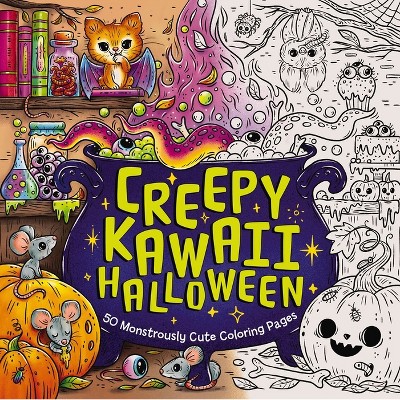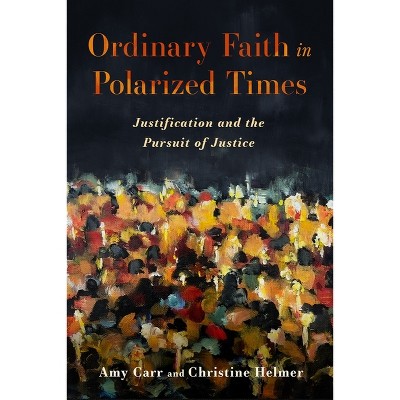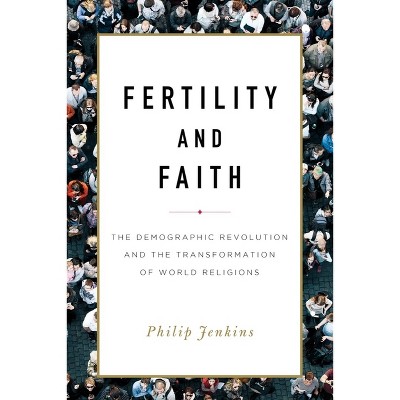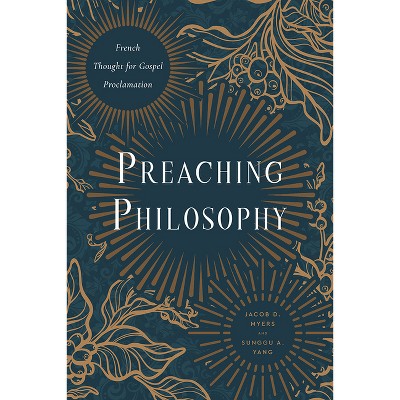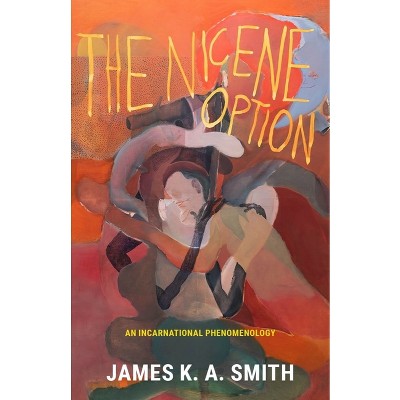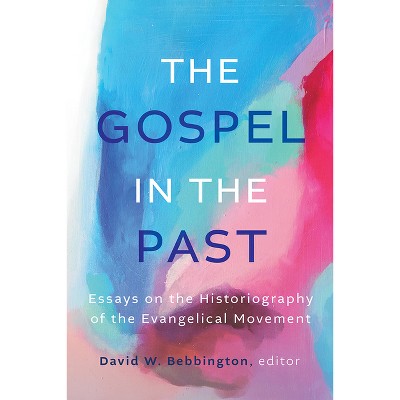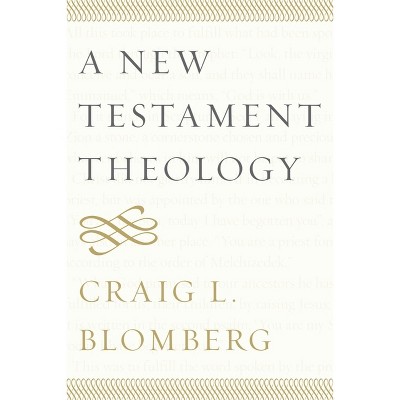About this item
Highlights
- Death opens the gates to resurrection.
- About the Author: Charles Taylor is Professor Emeritus in the Department of Philosophy at McGill University and author of influential books including Sources of the Self, The Ethics of Authenticity, and A Secular Age.
- 104 Pages
- Religion + Beliefs, Philosophy
Description
About the Book
Avenues of Faith gives readers unprecedented access to a world-renowned philosopher's reflections on the literary masterpieces that have shaped his life and scholarship and that continue to stand the test of time.Book Synopsis
Death opens the gates to resurrection. The pathways to faith are diverse, but all carry components of death and renewal. In Avenues of Faith: Conversations with Jonathan Guilbault, Charles Taylor takes readers through a handful of books that played a crucial role in shaping his posture as a believer, a process that involved leaving the old behind and embracing the new.
In a dynamic interview-style structure, Taylor answers questions from Jonathan Guilbault about how each book has informed his thought. The five sections of Avenues of Faith briefly introduce authors and their principal works before delving into the associated discussion. Taylor and Guilbault engage Maurice Merleau-Ponty's Phenomenology of Perception, Friedrich Hölderlin's poetry, Charles Baudelaire's The Flowers of Evil, Fyodor Dostoevsky's The Brothers Karamazov, and Brother Émile's Faithful to the Future: Listening to Yves Congar.
By exploring themes such as faith, the church, freedom, language, philosophy, and more, this book engages both literary enthusiasts and spiritual seekers. Scholars of Taylor will recognize the philosopher's continuation of his reflections on modernity as he expresses his faith. Avenues of Faith gives readers unprecedented access to a world-renowned philosopher's reflections on the literary masterpieces that have shaped his life and scholarship and that continue to stand the test of time.
Review Quotes
Charles Taylor has shown that modernity does not erase religion but that it reconstructs it--that it does not prohibit faith, even if it makes its access more complex. Without highlighting or explaining it, this interplay is a fervent plea for reading and intellectual work. It also testifies, with modesty, of the flavor of spiritual life. It shows that one can be a convinced believer and at the same time benevolent.
--Élodie Maurot "La Croix"Charles Taylor's book is stimulating in more ways than one. Perhaps it is difficult to see the common points between the five authors who challenged his faith. In the last pages of this book of interviews, Jonathan Guilbault sums up the common thread by saying that all of the cited authors, each in their own way, have in common that they defended freedom against the threat of systems that destroy lives and that translate into injustices.
--Hubert Herbreteau "Église catholique en France"The philosopher Charles Taylor, Christian, known for a remarkable analysis of secularism that he prefers to call 'the secular age' and for a masterful work on the sources of the self, delivers here, in a small work of interviews, the sources of his self! It is a strange trajectory, in fact, which passes from Baudelaire to the gospel, and from Hölderlin to Christianity, not by the marked routes of proofs of the existence of God or theological arguments but by the incandescence of poetic openness and spiritual widening of his interior life by works that were also founding words. This intimate and internal support opens and prepares a dialogue with the signs of the times and the borders of the world. An inhabited book that simply does good.
--Jean-Philippe Pierron "Études"About the Author
Charles Taylor is Professor Emeritus in the Department of Philosophy at McGill University and author of influential books including Sources of the Self, The Ethics of Authenticity, and A Secular Age. He has received many honors, including the Templeton Prize, the Berggruen Prize, and membership in the Order of Canada.






